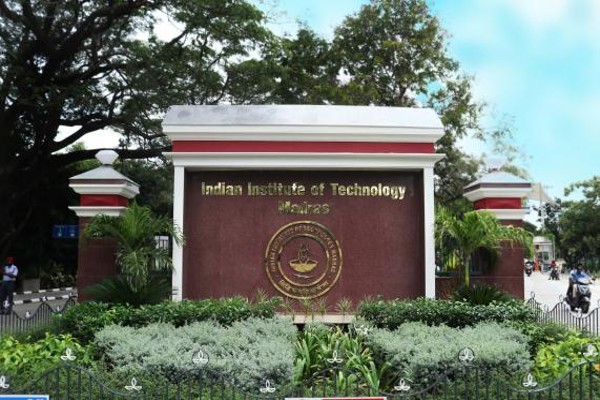IIT Madras & US researchers uncover crucial role of viruses in freshwater lakes
In a groundbreaking study published in Nature Microbiology, researchers from IIT Madras, the University of Wisconsin-Madison, and the University of Texas at Austin have revealed how viruses shape freshwater lake ecosystems and public health.
Led by Dr. Karthik Anantharaman, visiting professor at Wadhwani School of Data Science and AI, IIT Madras, the team analysed 465 lake samples collected over 20 years — the longest DNA-based environmental monitoring effort of its kind. Using AI tools, the study highlights viruses’ roles in stabilising microbiomes and enabling innovations like phage therapy, a promising antibiotic alternative.
A major highlight of the study is the potential for phage therapy, where viruses called phages target and kill harmful bacteria — a promising alternative to antibiotics, especially amid rising antibiotic resistance.
Dr. Anantharaman emphasised the importance of long-term virus tracking, citing the COVID-19 pandemic as a lesson in the need to understand how viruses evolve and interact with ecosystems. He noted that viruses, far from being purely harmful, are key to maintaining ecological balance, much like apex predators in nature.
This research opens doors to innovative uses of viruses in environmental management — such as preventing harmful algal blooms or restoring polluted lakes — and in securing safe drinking water and healthier ecosystems.
Prof. Karthik Raman of IIT Madras added, “Viruses play vital and often misunderstood roles in shaping ecosystems and microbiomes. Many are essential for ecological stability.”
Also read: IIT Madras develops programme for hyperlocal interventions to prevent road crashes

















Add comment